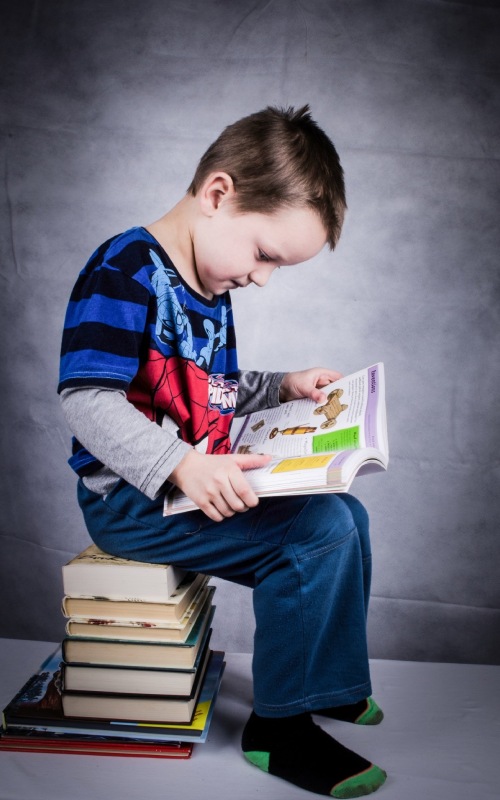
Mahanaim International School Hosts Regional Cambridge Schools Science Fair, Showcasing Student Innovation
Admin
News Reporter
May 28, 2025
Published
Young Scientists Present Groundbreaking Research Projects to Panel of International Judges
November 8, 2024 – Nairobi, Kenya
Mahanaim International School successfully hosted the East African Cambridge Schools Science Fair, welcoming over 200 student participants from 15 Cambridge International schools across Kenya, Uganda, and Tanzania. The three-day event showcased innovative research projects and scientific creativity while strengthening collaboration among Cambridge curriculum schools in the region.
The science fair, now in its third year, has become a flagship event for Cambridge schools in East Africa, providing students with opportunities to present original research, compete for prestigious awards, and network with peers sharing similar academic interests and standards.
Outstanding Student Research
This year’s competition featured 87 research projects across categories including Environmental Science, Technology and Engineering, Medical and Health Sciences, and Pure Sciences. Projects were judged by a distinguished panel including university professors, research scientists, and industry experts from Kenya, the UK, and South Africa.
The overall winner was a collaborative project by Mahanaim students Grace Wanjiru and Michael Ouma, who developed a low-cost water purification system using locally available materials. Their innovation addresses water quality challenges in rural communities while incorporating principles learned in their Cambridge IGCSE Chemistry and Physics courses.
“Our project started as a Chemistry coursework investigation into adsorption properties of different materials,” explained Grace Wanjiru. “But we realized we could scale this into a practical solution for communities without access to clean water. The Cambridge curriculum’s emphasis on real-world application inspired us to think beyond the classroom.”
International Recognition
The quality of research presented impressed international judges, with several projects recommended for submission to global science competitions. Dr. Robert Hughes from the University of Edinburgh, who served as head judge, praised the standard of work: “These students demonstrate scientific thinking and research capabilities that rival undergraduate projects. The Cambridge curriculum’s emphasis on practical investigation and critical analysis is clearly producing young scientists of exceptional caliber.”
Technology and Innovation Highlights
The Technology and Engineering category saw impressive innovations including a smartphone app developed by students from Uganda’s Cambridge High School that helps farmers optimize crop irrigation, and a solar-powered charging station designed by Tanzania’s International School of Moshi students.
Mahanaim’s own technology team, led by students Kevin Mwangi and Aisha Hassan, presented an AI-powered system for early detection of plant diseases using image recognition. Their project, developed as part of their Cambridge International AS-Level Computer Science coursework, caught the attention of several agricultural technology companies.
“The Cambridge Computer Science curriculum taught us not just programming, but how to identify real problems and develop technological solutions,” said Kevin Mwangi. “We’re already discussing how to develop this into a commercial application that could help farmers across East Africa.”
Environmental Focus
Environmental Science projects dominated the fair, reflecting growing student awareness of climate change and sustainability challenges. Projects included innovative recycling solutions, renewable energy systems, and biodiversity conservation strategies.
A standout environmental project came from Ugandan students who developed a biogas system using food waste from their school cafeteria. Their project demonstrated how Cambridge curriculum’s interdisciplinary approach allows students to combine chemistry, biology, and engineering principles in addressing environmental challenges.
Promoting STEM Education
The science fair serves broader goals of promoting STEM education and encouraging more students, particularly girls, to pursue science and technology careers. Of the 200 participants, 52% were female students, reflecting successful efforts to encourage girls’ participation in STEM fields.
Ms. Elizabeth Nyong’o, Mahanaim’s Head of Science, emphasized the fair’s role in inspiring future scientists: “When students see peers conducting real research and developing innovative solutions, it expands their vision of what’s possible. Many of our students leave the fair with new career aspirations and research ideas.”
Industry Partnerships
The event featured strong industry participation, with companies including Safaricom, Kenya Medical Research Institute, and several agricultural technology firms providing mentorship and internship opportunities for participating students. These partnerships bridge the gap between academic learning and industry application.
Dr. Jane Mwangi from the Kenya Medical Research Institute, who judged the Medical Sciences category, noted: “These students are already thinking like researchers. The Cambridge curriculum’s emphasis on practical work and independent investigation produces students who are ready to contribute to research from day one of their university studies.”
International Collaboration
The science fair strengthens connections between Cambridge schools across East Africa, with many schools planning collaborative research projects and student exchange programs. The shared Cambridge curriculum provides a common foundation for these international partnerships.
Future Expansion
Based on this year’s success, organizers plan to expand next year’s fair to include schools from Rwanda and Ethiopia, further strengthening the regional Cambridge schools network. Plans are also underway to establish an online platform for year-round collaboration and research sharing among participating schools.
Supporting Cambridge Excellence
The success of the science fair demonstrates how Cambridge curriculum schools are building communities of practice that extend beyond individual institutions. By sharing resources, expertise, and opportunities, these schools create enhanced learning experiences that prepare students for global academic and professional success.
Principal Dr. James Muthoni concluded: “Events like this science fair show the power of the Cambridge curriculum to inspire genuine learning and innovation. Our students aren’t just memorizing facts – they’re becoming young scientists, engineers, and innovators who will shape the future of our region and beyond.”

